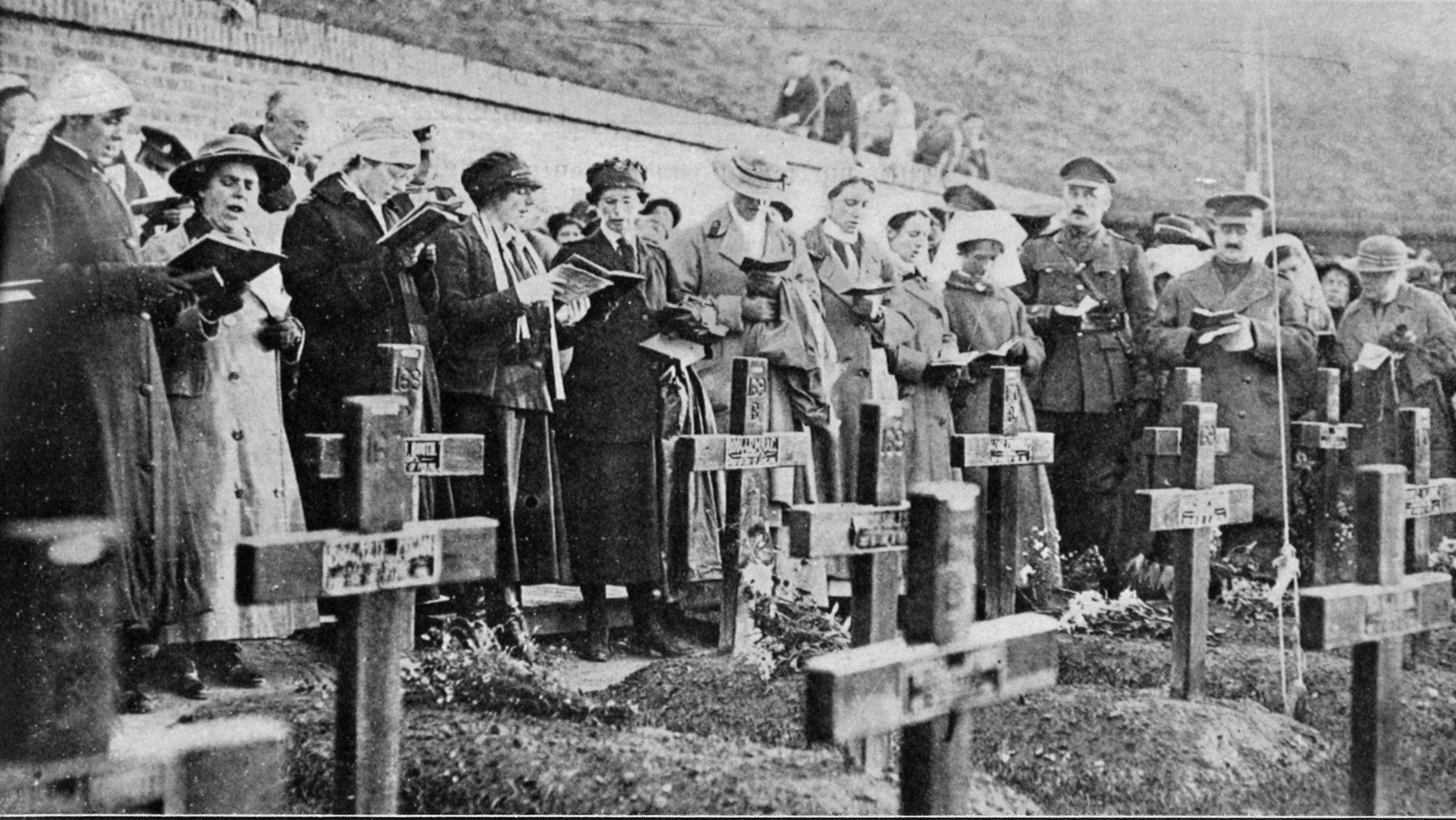
As to the effect of the voluntary rationing Lord Devonport is credited with a statement within the last few days which seems to mean that the allowance will be reduced under the new order to a little more than half what it previously was in the case of bread and meat, with a somewhat higher percentage in the case of sugar. The Food Controller has declined to give any assurance that there has been an improvement in the general situation, and it will have been observed that he has issued a new order governing meals at hotels, clubs, boarding-houses, and public eating-places, declaring a meatless day, and imposing some very definite restrictions as to the quantities of bread, meat, and sugar, to be allowed per individual per meal.
It is manifest that the compliance with this injunction will necessitate some careful calculation in ounces. It is also proposed that the Government shall assume entire control of the breadstuffs of the country. Necessarily a host of people in the Old Country, accustomed to no stint of any sort in the matter of food, will have greatly to revise their ideas of their bodily requirements in the way of victuals. For many who have been accustomed to live well and eat to repletion the contemplation of the dining-table in the new spirit of economy required by Lord Devonport will no doubt be an excellent thing. For those who have been compelled more or less to stint themselves the new order will offer no hardship.
The working population may find some genuine difficulty in adjusting itself to a restricted use of bread and meat, but the problem of making up the deficiency through the more extensive use of substitutes should not be at all insoluble.
Cargo pilfering has assumed serious proportions at main ports, and scarcely a week passes but some Oamaru merchant is so robbed, usually in such a cunning manner that the Railway Department and the carriers are completely deceived by the appearance of the rifled case. The manager of the United Friendly Societies' dispensary (Mr Bain), on opening a case of saccharine tablets last week, found a box valued at 1 missing, and Messrs Calder Bros. are endeavouring to obtain satisfaction for a theft of boots which run well over 20 in value. The latter firm assured a Mail reporter that hardly a consignment reached them intact. Nearly every tradesman in Oamaru (the paper continues) has at some time been the victim of pilferers, and as the cases are usually deftly repaired so as to conceal traces of the broaching, they generally are accepted in good faith and a clear receipt given for them.
The Wellington Post states that a start was made on Thursday by the Railway Department with the employment of women as carriage cleaners. Two have been engaged, and more will be taken on as required. They are provided with a confortable retiring room at the Thorndon station, fitted up with lockers, a gas ring, and so on . Their work consists of cleaning the interior of carriages, and they are reported to be carrying out their duties in a satisfactory manner. It is interesting to note that one of the new ``hands'' is a railwayman's widow, and the other is the wife of a soldier who has been at the front for two years. - ODT, 11.4.1917.












